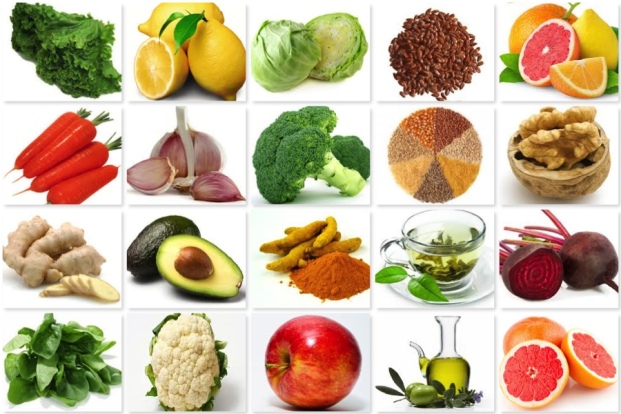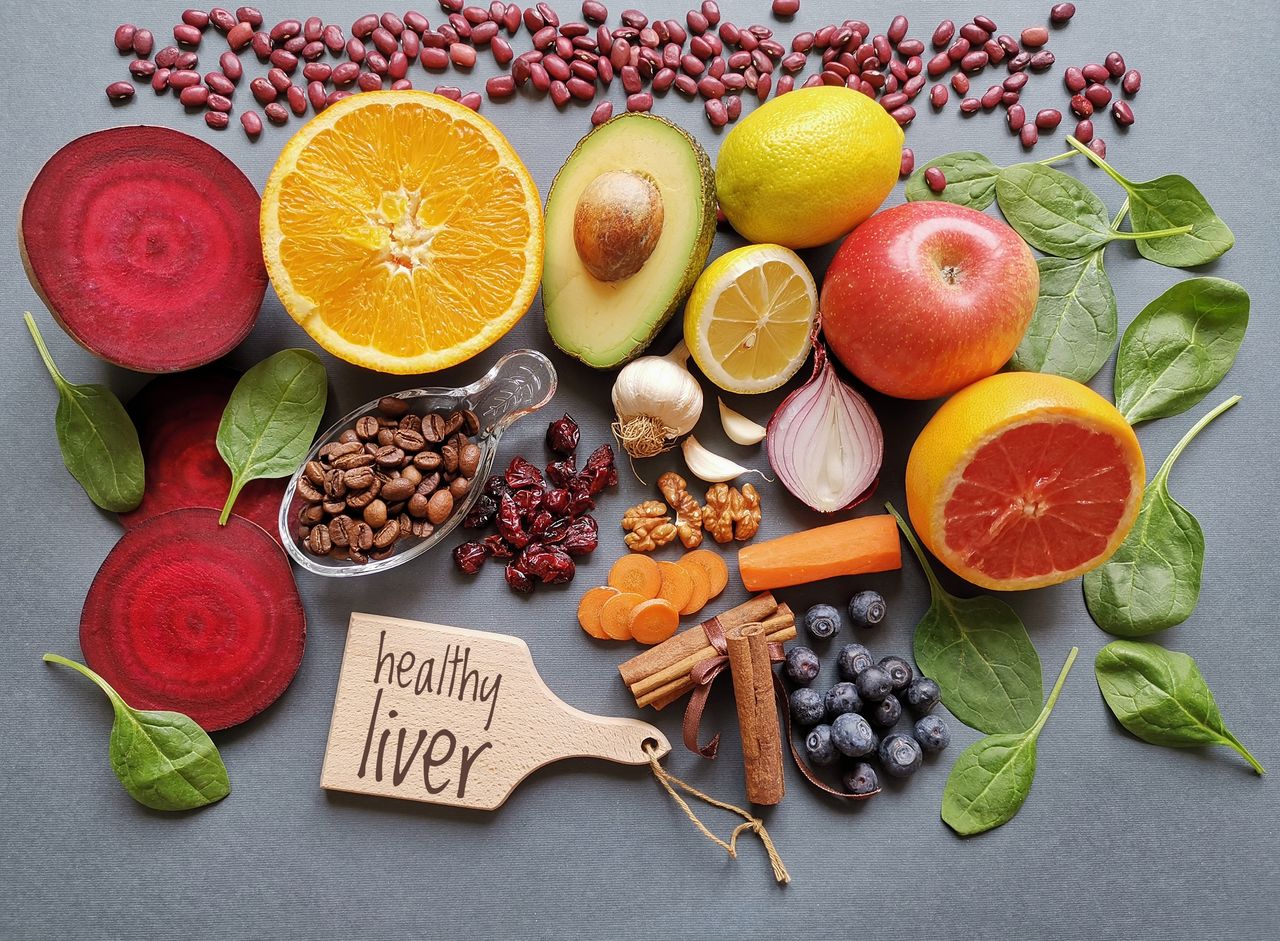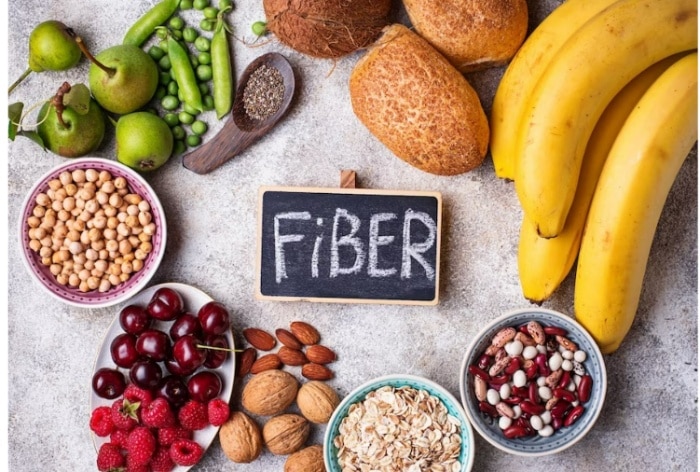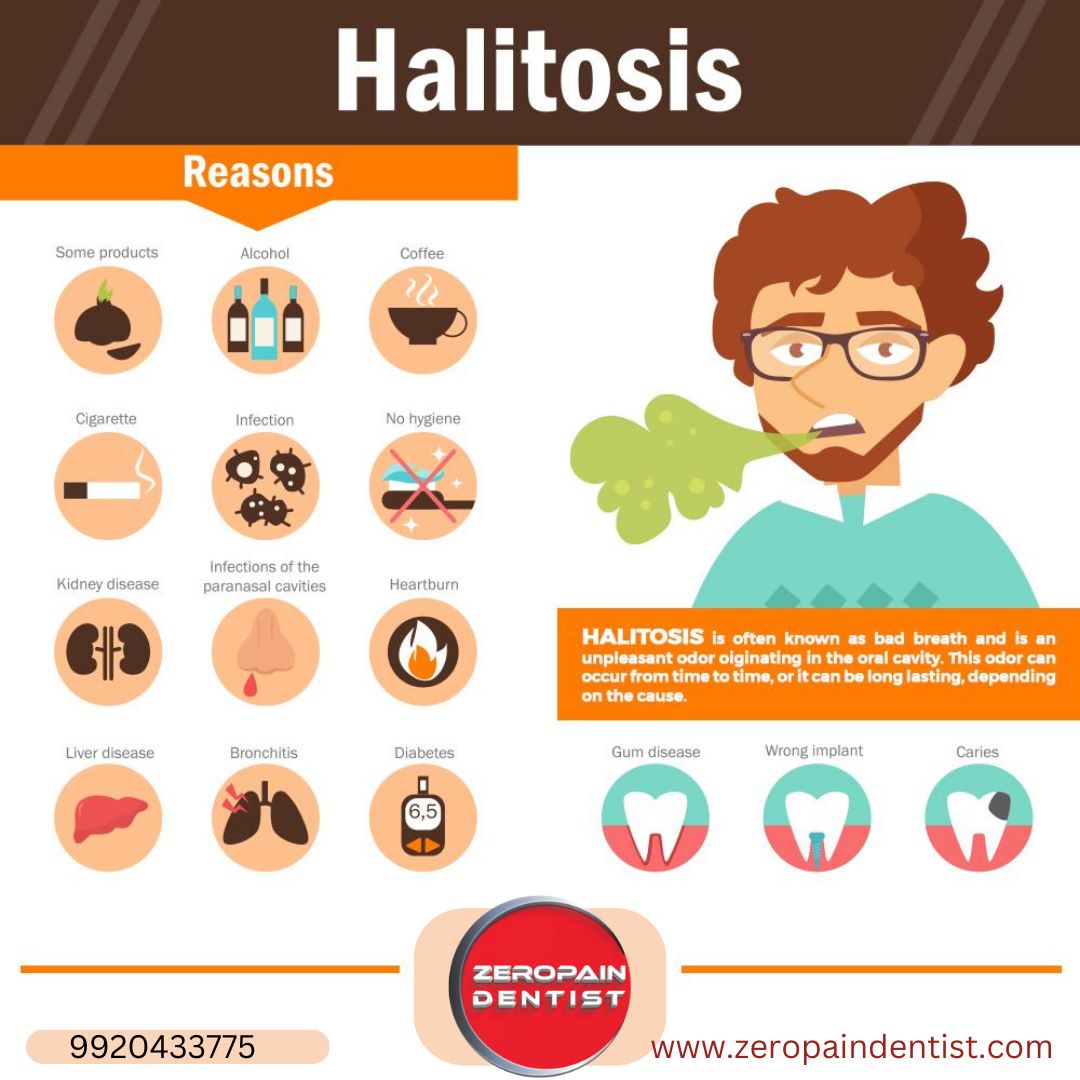Dietary Recommendations for a Healthy Liver

For the wellbeing of your liver, it becomes vital to include certain nutritious items in your daily meals. Foods abundant in antioxidants can effectively shield the liver from deleterious toxins, which translates to fruits such as citrus, berries, and grapes, along with veggies like broccoli, spinach, and Brussels sprouts. Another valuable dietary tip is the inclusion of fiber-enriched nourishments, known for diminishing liver fat and enhancing its overall productivity. Whole grains, legumes, and vegetables fall under the category of high fiber foods. Furthermore, foods rich in omega-3 fatty acids can significantly benefit liver functions. Prime sources of these beneficial fatty acids comprise fatty fish such as salmon, walnuts, and flaxseeds. Regular consumption of these nutritious foods will bolster your liver’s health and aid its essential operations.
2.1. Antioxidant-Rich Foods

Foods laden with antioxidants are essential for maintaining liver health. They are bursting with elements that aid in warding off harmful free radicals, and lowering oxidative stress, both of which could potentially damage the liver. Foods like berries, green leafy vegetables, nuts, and seeds are great examples of such foods. Not only are they abundant in antioxidants, but they are also a prime source of vital vitamins and minerals that cater to the liver’s well-being. Including these foods in a well-rounded diet can safeguard the liver from potential harm, ensuring its peak performance. Furthermore, studies have shown a link between a diet rich in antioxidants and a decreased risk of liver diseases such as fatty liver disease and cancer. Hence, integrating these foods into your dietary habits can be an effective strategy for preserving a robust liver.
2.2. Fiber-Rich Foods

Foods high in fiber are critical for the sustenance of a healthy liver. Such foods are rich in insoluble fiber which aids in the regulation of bowel movements and the prevention of constipation, hence contributing to the well-being of our digestive system. Additionally, fiber contributes to lessening cholesterol levels, thus reducing the chance of encountering fatty liver disease. It also assists with weight control by producing a feeling of fullness that results in decreased calorie consumption. Some fiber-rich examples are whole grains, fruits, vegetables, legumes, and nuts. Including these foods in your daily meal plan can greatly uphold your liver function and enhance your overall well-being.
2.3. Omega-3 Fatty Acid Sources



